Colonialism Orientalism and the Dravidian Languages
The Dravidian language family is marked historically by a protracted struggle between Tamil and its supremacy on the one hand, and the consequent peripheralizing of other majoritarian languages of the region on the other. This book looks at the development of Telugu with its unique grammatical and lexical tradition as instrumental in the construction of the concept of the Dravidian language family in 1816, and in the development of comparative linguistics since that time.
The author’s arguments locate Telugu in multiple matrices of: historical and theoretical Orientalism; the colonial state’s interest in native languages; the politics of state patronage; questions of cultural assimilation and divergence; the overbearing presence of Tamil and its literary traditions; and the related inter- and intra-civilizational dialogues. The book thus grapples with the tortured emergence of Telugu a product of the dynamics of Andhra society, economy, polity and culture influenced and driven by Hindu, Buddhist, Jain, Muslim and Western influences and elaborates on how Telugu contributed to the development of comparative linguistics through the fusion of Indian and European linguistic analyses; more significantly, it underlined a regional base of Indian history and civilization.
Get it now and save 10%
BECOME A MEMBER

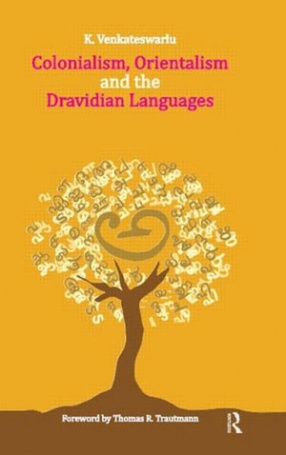
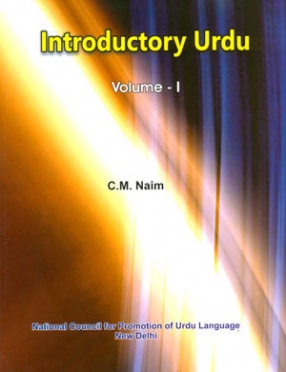
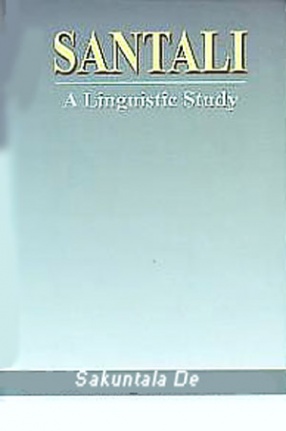
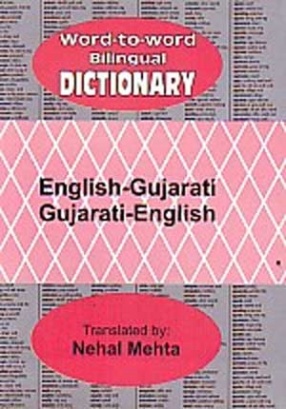
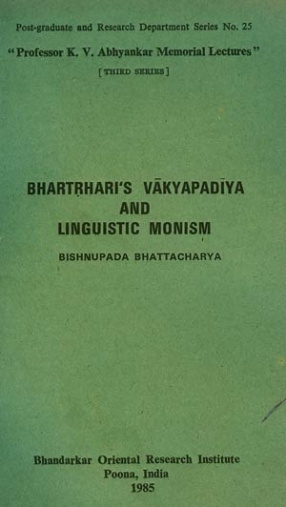

Bibliographic information